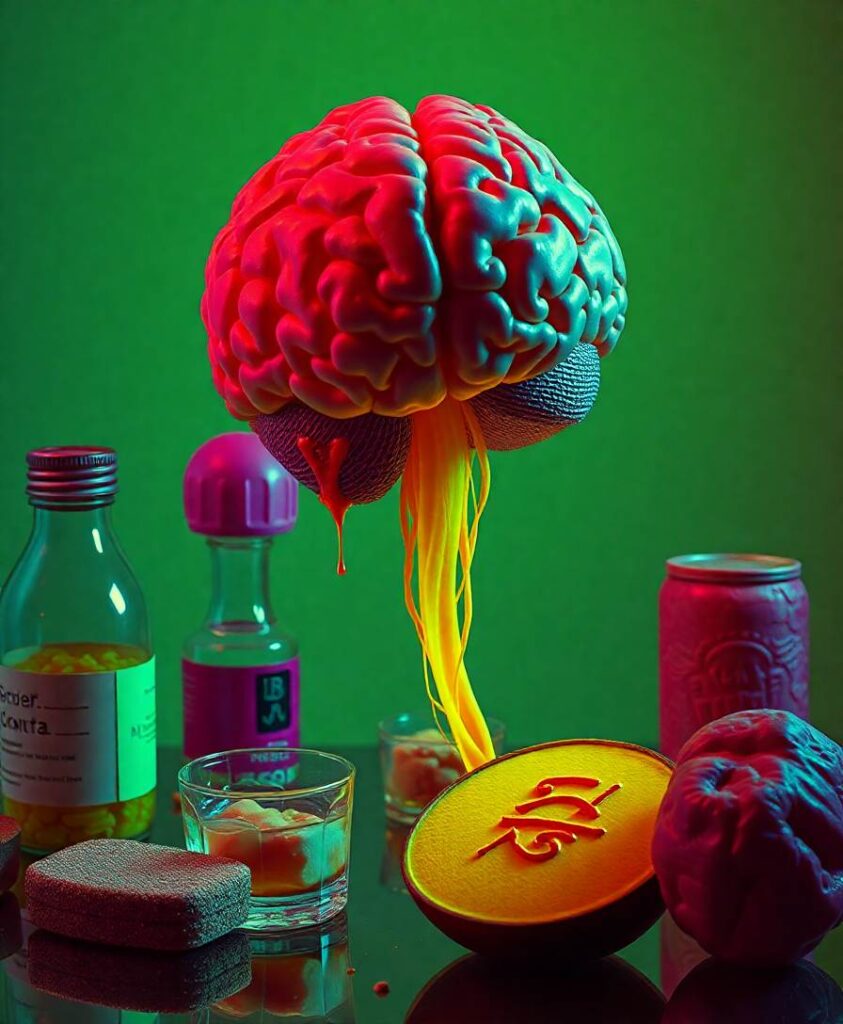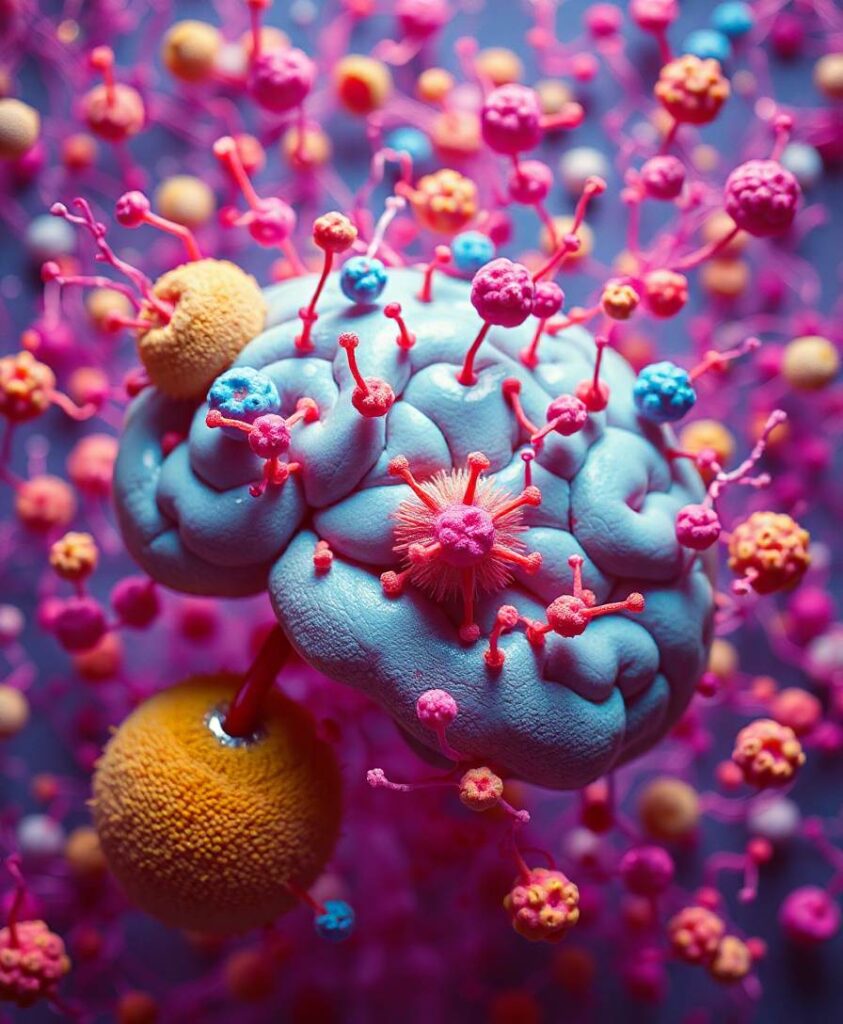New Cornell University research shows that product attachment can unintentionally encourage less sustainable behavior.
The Hidden Impact of Unused Products
Did you know that the things we keep but don’t use might actually be hurting sustainability efforts? According to a recent study from Cornell University, becoming emotionally attached to a product can inadvertently lead us towards less sustainable choices. It’s like when you hold on to an old toy from your childhood that sits on a shelf and collects dust. Even though you’re not actively using it, that attachment prevents you from getting rid of it and, in turn, contributes to unnecessary consumption. This study shines a light on the hidden impact of unused products and highlights the importance of mindful consumption. By decluttering our lives and letting go of items we no longer need or use, we can play a part in promoting sustainability. So, next time you spot something in your home that serves no purpose other than nostalgia, consider donating or recycling it instead. Together, we can make a difference!
Amir is a Pakistani-Canadian neuroengineer in Toronto, developing brain-computer interfaces to enhance learning. As a volunteer author, he shares insights on how technology can amplify cognitive abilities, drawing from his diverse South Asian-Canadian perspective.




